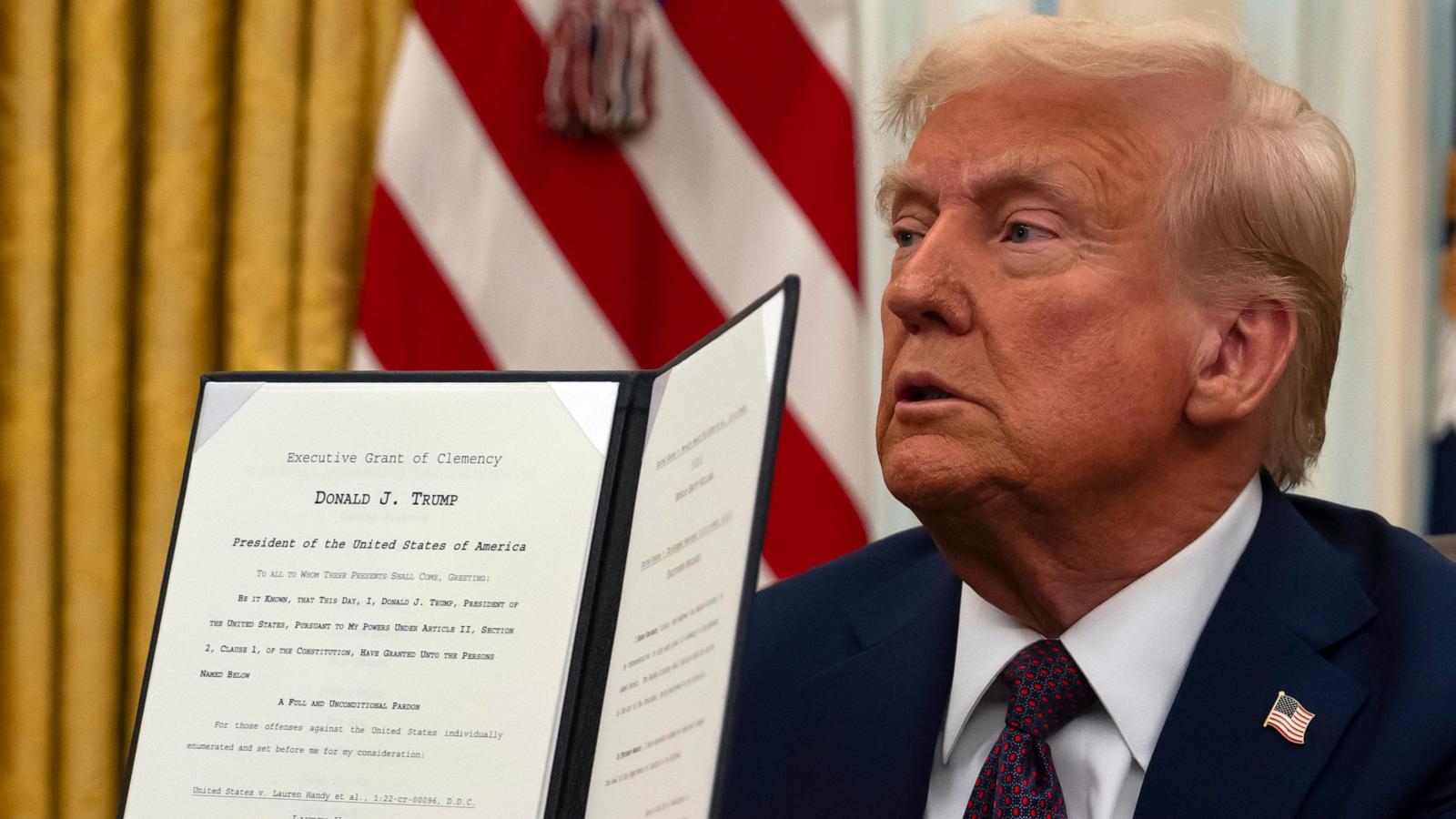President Trump's Controversial Decision to Curb Abortion Clinic Blockade Prosecutions Sparks Outrage
President Trump's recent actions regarding the prosecution of individuals accused of blocking access to abortion clinics have ignited a firestorm of controversy. His administration's decision to curtail these prosecutions under the FACE Act (Freedom of Access to Clinic Entrances Act) has drawn sharp criticism from abortion rights advocates while being lauded by anti-abortion groups. This decision marks a dramatic shift from the Biden administration's approach and raises serious questions about the future of reproductive healthcare access and the enforcement of federal laws.
The FACE Act and its Enforcement Under Trump
The FACE Act, passed in 1994, prohibits obstructing or using force to intimidate or interfere with access to reproductive healthcare services, including abortion clinics. The law carries significant penalties, including fines and imprisonment, for violations. Under the Trump administration's new policy, prosecutions under the FACE Act will be severely limited. Only "extraordinary circumstances" or cases with "significant aggravating factors" will merit action.
Cases Dropped and the Rationale Behind the Policy Shift
Three pending FACE Act cases—involving clinic blockades in Tennessee, Pennsylvania, and Ohio—have been immediately dismissed. Attorney General chief of staff Chad Mizelle, justifying the policy shift, contends that past FACE Act enforcement has disproportionately targeted anti-abortion protesters, creating a perception of uneven justice. He points to the post-Roe v. Wade attacks on crisis pregnancy centers as evidence. This viewpoint claims these incidents also merit prosecution under the FACE Act but have largely been overlooked, implying unequal application of the law.
The Opposing Views: A Clash of Ideologies
The move has elicited strong reactions from both sides of the abortion debate.
Supporters of the Policy Change
Organizations like the Thomas More Society, representing many defendants in these cases, celebrated the decision as a victory for pro-life advocates. They argue the prosecutions were politically motivated and represent an overreach of federal authority. They see the policy change as rectifying an imbalance, protecting the rights of those exercising their right to free speech, albeit by obstructing access to healthcare. Some hail this action as vital to achieving what they believe to be justice, while others focus on what they believe to be fundamental rights.
Critics and Concerns About the Implications
Critics, including Planned Parenthood, denounce the decision as a disregard for the rule of law and a license for violence against abortion providers. They argue the policy sends a dangerous message, potentially emboldening individuals to obstruct access to reproductive health services with impunity. This, in turn, raises severe safety concerns for both healthcare providers and those seeking reproductive healthcare. There are concerns over this decision's impact on patients' rights and the potential for similar situations across the healthcare system.
The Broader Context: Politics, Morality, and the Law
This policy shift transcends the purely legal aspects of FACE Act enforcement. It’s intricately linked to ongoing political and ideological battles over abortion rights and the role of the federal government in protecting reproductive healthcare access. President Trump's past actions, such as pardoning individuals convicted of violating the FACE Act, and his enthusiastic address to the March for Life rally, underscore his clear stance in this conflict. These political maneuvers seem designed to appeal to his core political base, while at the same time angering a considerable portion of the electorate.
Long-Term Effects and Uncertainties
The long-term effects of this policy change are uncertain. Its impact on clinic access, the frequency of protests and blockades, and the overall landscape of reproductive healthcare in the United States remain open questions. The legal challenges this new policy may face are not well-defined yet, and could bring unpredictable legal battles and complications. There remains a considerable divide among Americans over these critical social issues that influence access to vital services.
Take Away Points
- President Trump's administration significantly altered the approach to prosecuting those who block access to abortion clinics, drawing both fierce support and intense criticism.
- This policy shift raises vital questions about access to healthcare, the balance of federal authority, and ongoing debates about abortion rights.
- The debate reflects fundamental divisions on legal matters, healthcare access, and social justice, emphasizing the divisive nature of this policy decision.
- The long-term impacts and legal battles emerging from this policy decision are expected to reshape the ongoing discourse around abortion in the United States.









